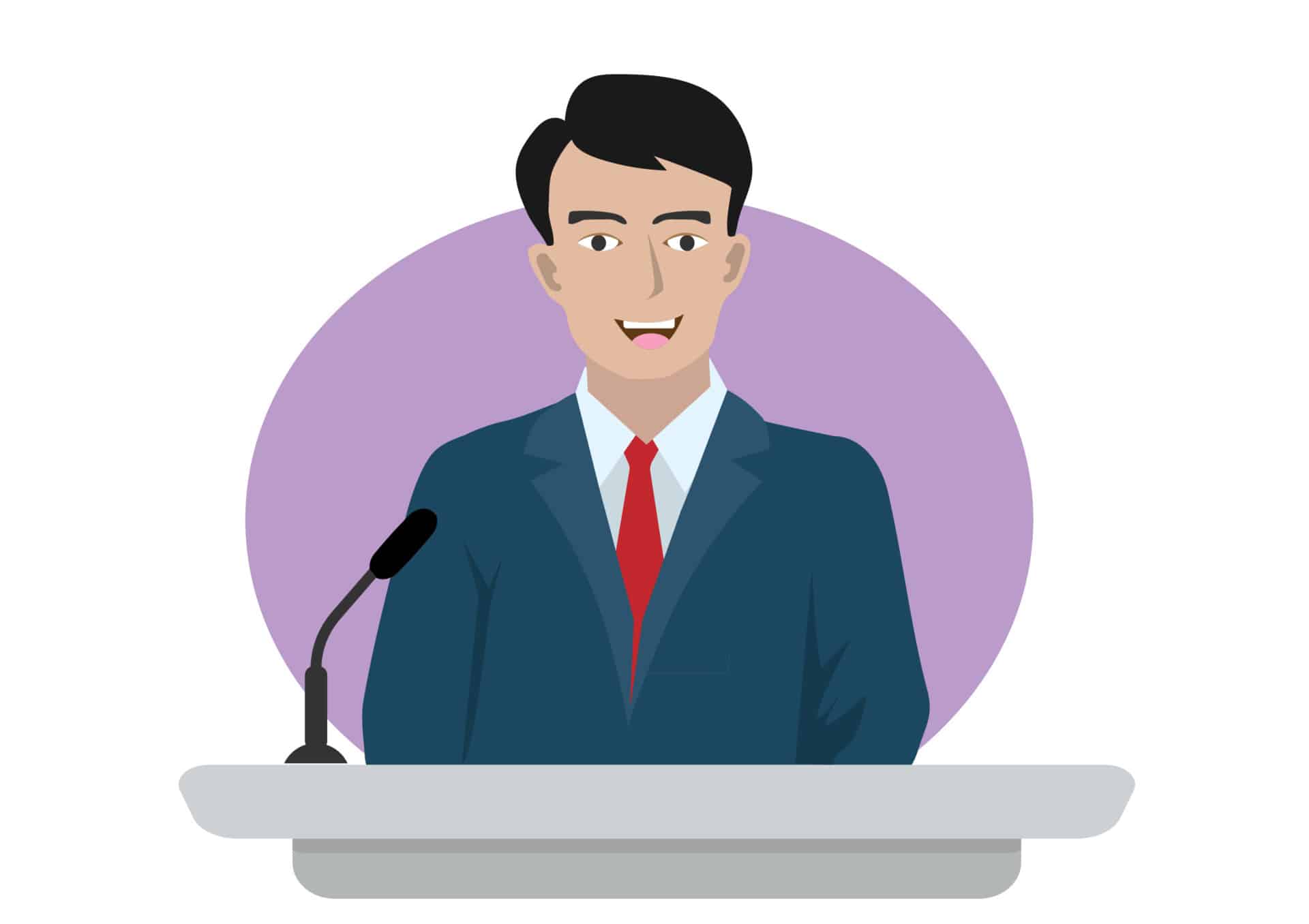The best-selling social scientist and, it so happens, libertarian Bryan Caplan thinks politicians are immoral. Sounds promising. He’s discussed this online and in one of his published blog-post collections, How Evil Are Politicians?: Essays on Demagoguery. What are we to make of his contention?
Caplan isn’t using the libertarian nonaggression standard here. Even people who never heard of that standard or who oppose it ought to be at least open to his case. He’s really talking about basic decency: the need to avoid gross negligence. Moreover, he thinks it’s irrelevant that politicians may believe they are doing the right thing. That’s not good enough; it doesn’t get them off Caplan’s hook.
He starts by talking about everyone and not just politicians. It won’t do, he writes, for people merely to go along with what everyone else expects them to do — not if they want to be virtuous.
[V]irtuous people can’t just conform to the expectations of their society. Everyone has at least a modest moral obligation to perform “due diligence” – to investigate whether their society’s expectations are immoral. And whenever their society fails to measure up, virtuous people spurn social expectations and do the morally right thing.
Caplan doesn’t say here what he means by virtuous (from other writings we know he’s a moral intuitionist), but that statement surely makes sense. Think of Socrates. No one should suspend their moral judgment or rest content with an unexamined life even in the face of social opposition. Taking into consideration the predominant opinion among most people or the most reputable people is a good starting point (as Aristotle acknowledged), but it is no substitute for thinking for oneself. One should be on the lookout for good reasons for questioning and even rejecting conventional wisdom.
Then Caplan moves on to politicians, who face an even tougher standard for obvious reasons.
Second, anyone in a position of political power has a greatly elevated moral obligation to perform this due diligence. Yes, with great power comes great responsibility. If you’re in a position to pass or enforce laws, lives and freedom are in your hands. Common decency requires you to act with extreme moral trepidation at all times, ever mindful of the possibility that you’re trampling the rights of the morally innocent.
Of course, “trampling the rights of the morally innocent” might mean killing, maiming, or otherwise ruining people’s lives. It certainly will make them poorer No one should have such power in the first place, but if someone is in power, then exercising due diligence is the least he or she can do.
How could anyone take issue with this? Again, it’s just common decency. Policymakers should think hard about the likely consequences of their actions or policy proposals. Exercise care, politician, before you decree. Do no harm. No Ph.D. is required to know that.
Caplan asks, “How much time and mental energy does the average politician pour into moral due diligence? A few hours a year seems like a high estimate.” He gives them too much credit. Do they even know what due diligence is? “They don’t just fall a tad short of their moral obligations,” Caplan continues. “They’re too busy passing laws and giving orders to face the possibility that they’re wielding power illegitimately.”
As he notes, the problem — our problem — is that political systems hold no rewards for politicians who are not evil in this respect. They have no career incentive to be moral even by his low standard. “Political systems reward them for seeming good by conventional standards,” Caplan writes. “If we’re lucky, this spurs leaders to do what most people consider good. More likely, it spurs leaders to spin control – packaging even their worst actions in conventional moral garb.”
And we wonder why, as Jefferson pointed out, “The natural progress of things is for liberty to yield, and government to gain ground.”
Another problem, which Caplan often writes about, is social desirability bias. Here’s what he means: “When the truth sounds bad, human beings deceive and self-deceive. This deceit in turn routinely rationalizes bad policies.” Voters judge proposals by how they nice sound, and politicians understand this. Policies that lock aspiring immigrants in poverty are said to “protect our jobs and culture.”
Even if the politicians know better (which they usually don’t), they don’t want to say things that will make voters think badly of them.
Caplan wraps up by saying,
Admittedly, if it turned out that our society’s conventional moral standards were basically right, our politicians’ vice would be harmless. That’s a much bigger question. But whatever the whole truth about morality might be, politicians … are almost invariably guilty of pervasive gross moral negligence. Politicians, repent!
I won’t hold my breath. We need to find ways to limit, if not eliminate, the politicians’ power. They are largely unaccountable. One vote barely counts; the cost of organizing is usually prohibitive; and officeholders can blame the private sector for policy failings.
But limiting power is a problem because, ruling out a revolution, we’d need their help in that endeavor, and they certainly won’t want to help us.
So where does that leave us?











